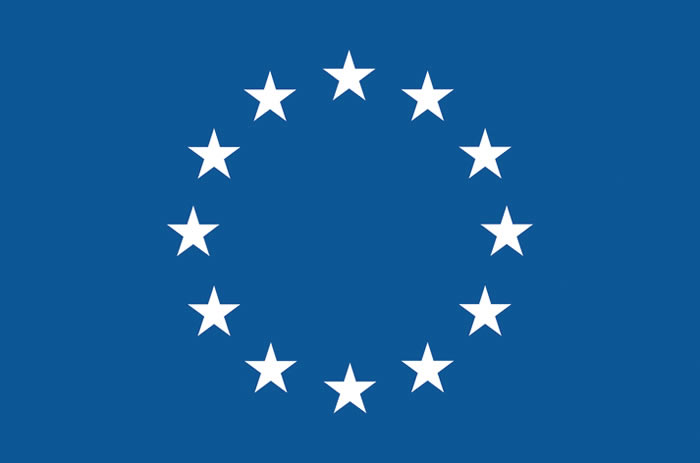Fontana, Angelo

Angelo Fontana is Director of the Institute of Biomolecular Chemistry of the National Research Council (CNR) of Italy and Full Professor of Organic Chemistry at the Department of Biology of the University of Naples “Federico II”. He coordinates the group of Bio-Organic Chemistry and Chemical Immunology whose research is aimed at the development of new therapeutic principles from natural small molecules and of biotechnological processes based on marine microorganisms. He has received numerous national and international funding grants for these studies, and in 2016 he founded BioSEArch SRL, a start-up company for the development of natural products in medicine and cosmetics. He is a permanent member of the international scientific committees for the “Marine Natural Products Symposium” and “European Conference on Marine Natural Products”, and in 2009 he was awarded the Apivita Award by the Phytochemistry Society of Europe for his contribution in the field of natural products.
Abstract:
Natural Small Molecules in Chemical Immunology
Topic:
The immune system protects us against external pathogens and internal threats such as impaired body cells. In the last years, it has become increasingly apparent that innate immunity can play surprising roles in the etiology of many chronic diseases. The effect of dysregulation of this part of the immune response is particularly evident in the progression of neurodegenerative disease, as well as is a critical element in many chronic conditions, including infective syndromes, cancer, and autoimmune disorders. The pandemic of SARS-COV2 has also brought to our attention the role of the innate immune system in the exacerbated inflammatory reaction observed in severe COVID-19 cases, as well as how immune dysregulation can significantly modify the clinical outcomes of affected patients.
A deeper understanding of the mechanisms and factors controlling innate immune response should provide new therapeutic targets in cancer and chronic pathologies. For example, the role of the key interaction between Dendritic cells (DCs) and T-cells have been strongly reconsidered to fight cancer with the introduction of the immune checkpoint inhibitors (Granier et al., 2017; Robert, 2020). However, the study of these processes is complicated by the presence of several cell types, the absence of a single organ, and the fact that many immune cells can change phenotype upon activation. Furthermore, the immune system continually works to maintain the balance between tolerance and reactivity. In this context, besides the classical ability to detect, target, and kill pathogens, innate immunity has a fundamental role in shaping the cytokine and chemokine milieu and setting a complex chain of events leading to activation and differentiation of T and B cell effectors.
Molecules able of activating antigen presentation by innate immune cells are considered suitable tools to boost the physiological immune and switch to a tolerogenic/immunosuppressive behavior. Dendritic Cells (DCs) are the most efficient professional antigen-presenting cells (APC) and constitute a bridge between the innate and adaptive immune systems (Banchereau and Steinman, 1998; Mellman, 2013; Domogalla et al., 2017). Recently, we have reported a novel class of sulfoglycolipids, collectively named Sulfavants, that trigger unconventional DC maturation and in vivo antigen-specific immunization(Manzo et al., 2017b, 2017a, 2019). The initiation of a systemic immune response by the stimulation of innate immune cells correlates to adjuvanticity and PRR-mediated signaling. Sulfavants are under preclinical trials as vaccine adjuvants, and their efficacy has been already proven in a murine model of a vaccine against melanoma (Manzo et al., 2017a). Interestingly, these products are not cytotoxic but treated mice do not show the progress of the tumor for more than 10 days after subcutaneous injection of B16F10 melanoma cells.
This result prompted us to search for other small molecules that can activate DCs and, potentially, enhance the immune response against neoplastic cells (Gallo et al., 2020). The rationale for the pursuit of small molecule-based immunotherapies is the broad range of cellular processes that can be targeted. In this field, the potential anticancer and immunological activity of natural products represents an excellent and unexplored source for the development of new drugs (Newman and Cragg, 2020). In a more general view, we are pursuing two lines of researches concerning the development of small molecules that either boost the innate (adjuvanticity) and adaptive immune effectors (DCs, T cells, macrophages, and microglia) by unconventional mechanisms, or control the type of the immune response initiated by specific antigens and stimuli mostly by reducing the inflammatory burst. In consideration of the role of the DC-T cell axis, our studies range from vaccine adjuvants to novel candidates for the treatment of chronic diseases, such as neurodegenerative diseases, as well as from implementation of screening strategies of natural extracts to the chemical synthesis of bioactive molecules and probes.
Back to speaker overview Back to Oral- and Flash presentations overview





